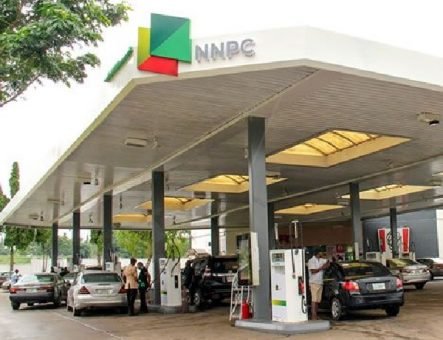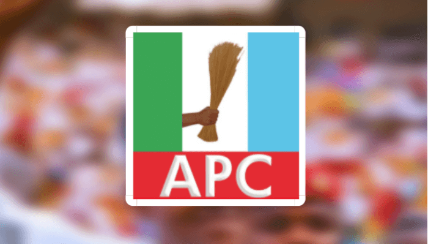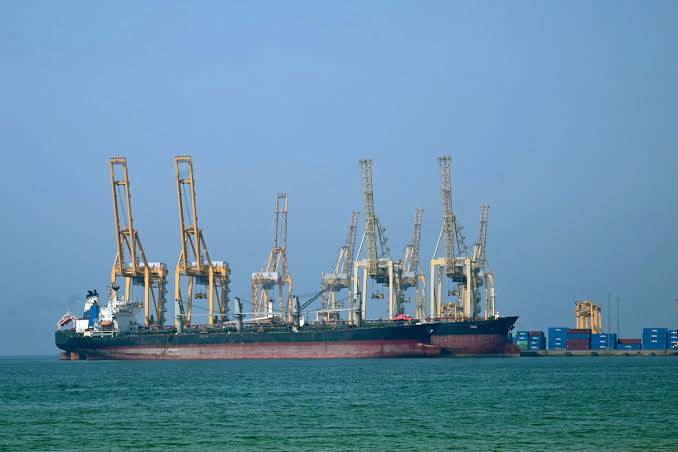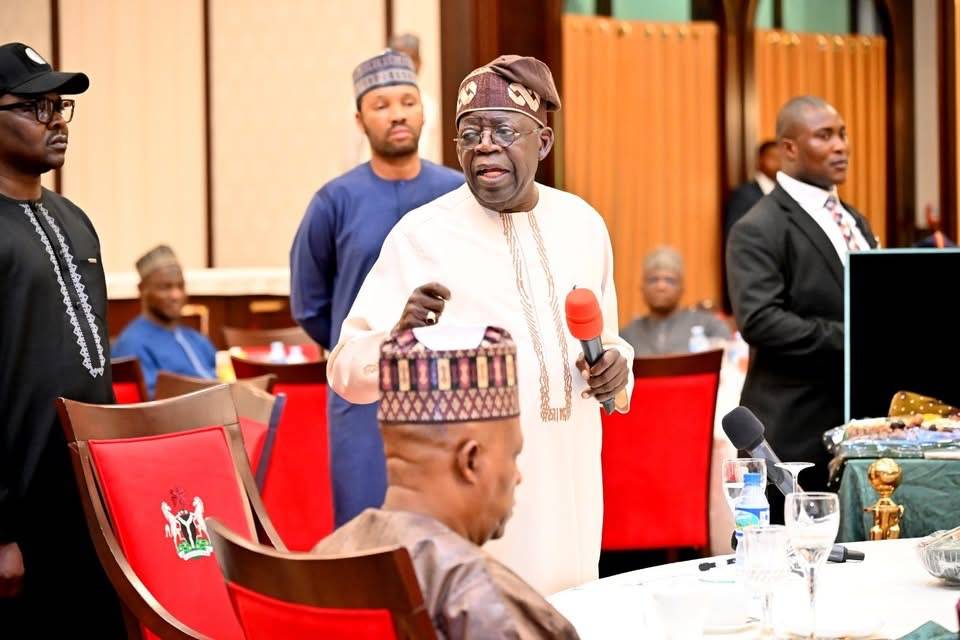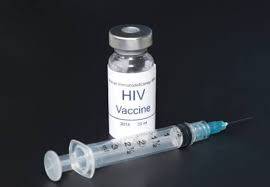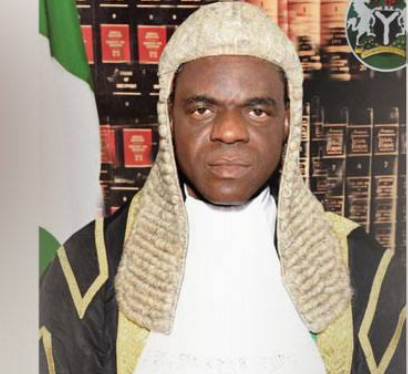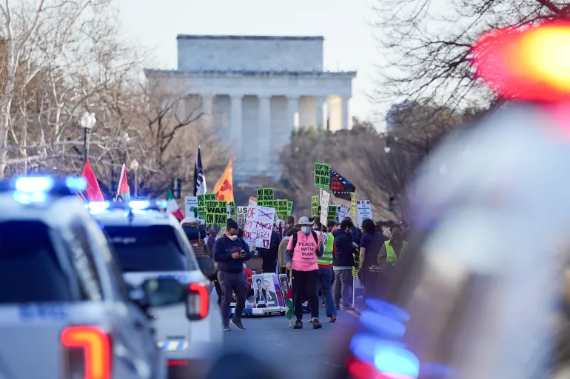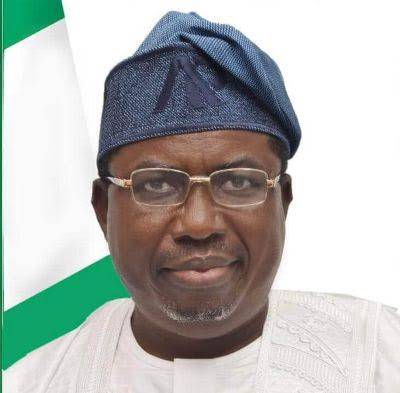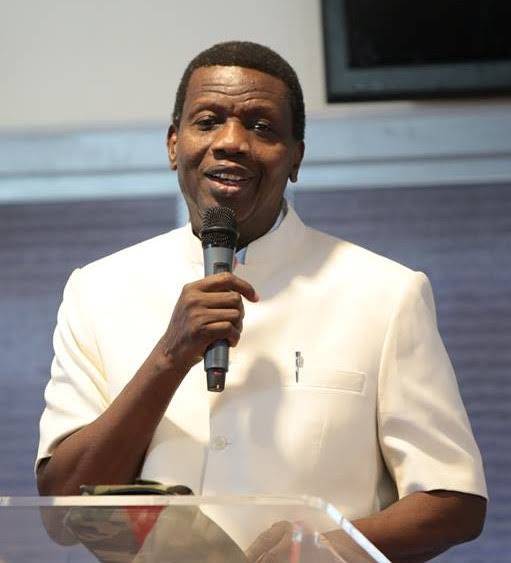By Sanya Oni
One issue that has not ceased to agitate many in the aftermath of the coming of Dangote Refinery is the role that the state national oil company – the Nigerian National Petroleum Company Limited continues to play in the fuel supply matrix. For an entity whose Port Harcourt Refinery’s scheduled turn around completion date has been shifted countless times, the difficulties in tracking its continuing metamorphosis from being the country’s sole petrol importer, then to a major product supplier and now to its self-assigned role sole off-taker of Dangote Petrol can only be understood in the context of the extraordinariness of the current season.
For even if we agree that circumstances actually forced the company to transit from being the importer of last resort to being sole importer of premium motor spirit (PMS), clearly, its assumption of sole buyer role for Dangote petrol, an entity of which it is supposed to be in competition, would itself be deemed extraordinary at any time.
Which is why yours truly actually considered the weekend’s brickbats between the NNPCL and Dangote Refinery over the pricing template for petrol ridiculous. But then, I am reminded that these are neither normal nor ordinary times.
And now with the fuel price template rolled out by the NNPCL came the joke across different social media platforms about the company further mutation, not into an effective competition which Nigerians expected of it or as prescribed by the Petroleum Industry Act, but to the industry’s front-bencher in matters of price determination despite failing to get its own refineries to work.
Today, the downstream sector’s bone of contention remains the price of petrol, or if you like, the mechanics of its derivation. Moments after it the loaded the first set of consignments of petrol from the $20 billion Dangote Refinery, NNPCL’s spokesperson Olufemi Soleye had set off the firestorm with Daily Trust quoting him as saying: “We successfully loaded PMS at the Dangote Refinery today. The claim that we purchased it at N760 per litre is incorrect. For this initial loading, the price from the refinery was N898 per litre”.
Anthony Chiejina, the spokesperson for Dangote would, hours later, dub the statement as “misleading and mischievous”. He claimed that the statement was “aimed at undermining the milestone achievement recorded today, September 15, 2024, towards addressing energy insufficiency and insecurity, which has bedevilled the economy in the past 50 years.”
Said he: “We sold the products to NNPCL in dollars with a lot of savings against what they are currently importing”, even as he urged Nigerians to disregard the statement and to “await a formal announcement on the pricing, by the Technical Sub-Committee on Naira-based crude sales to local refineries, appointed by His Excellency, President Bola Ahmed Tinubu GCFR, which will commence on October 1, 2024, bearing in mind that our current stock of crude was procured in dollars”.
Note that he did not contest the figures supplied by Soleye’s NNPCL. For all he cared, Nigerians may well continue to savour the illusion (fleeting?) of Dangote petrol being the answer to the nation’s energy woes! In other words, the brouhaha was not so much about the truth of what was said; it is rather about the quarters from where it came from and by extension the bursting of the myth.
Never mind the wildfire speculations about Dangote petrol being cheaper than the imported petrol; or the social media being agog with a so-called N760 per litre for the Dangote petrol.
NNPCL’s guilt, it would appear, may have derived from its attempt to burst the illusions of those who believe that petrol prices would dramatically come down with the coming of Dangote petrol. By putting the records out, particularly in the context of the exasperating disinformation campaign against her, the NNPCL may have, understandably ruffled not a few feathers. And for a Dangote Refinery still riding on the crest of nationalist fervour, the attempt to distract the historic import of the moment could not but anything but a treasonable conduct.
Which is why the mind game – which is really nothing outside mere symbolism – has settled nothing; that is aside deflecting attention from the main issue at stake, which is what it costs to produce a litre of petrol for which most Nigerians have long hungered.
In the meantime, the NNPCL would on Monday publish a new price template. The product, it stated, will, henceforth, be sold at N950.22 per litre across all its retail outlets in Lagos. Residents in the northern part of the country are expected to pay more for the product with consumers in Borno expected to pay the highest pump price of N1, 019.22.
The template, it claimed, was based on Dangote Refinery’s gantry price of N898.78 per litre, the industry regulator’s fee of N8.99, inspection fee of N0.97, distribution cost (Lagos) of N15.00 and the marketers’ margin of N26.48 – bringing the total price for the Lagos area to N950.22 per litre.
The company would on its X platform add for emphasis: “The NNPC Ltd also wishes to state that, in line with the provisions of the Petroleum Industry Act (PIA), PMS prices are not set by government, but negotiated directly between parties on an arm’s length.
“The NNPC Ltd can confirm that it is paying Dangote Refinery in USD for September 2024 PMS offtake, as Naira transactions will only commence on October 1st, 2024. The NNPC Ltd assures that if the quoted pricing is disputed, it will be grateful for any discount from the Dangote Refinery, which will be passed on 100% to the general public”.
For an entity that has known nothing but serial vilifications by Nigerians, one can only hope that the NNPCL is not only right but knows what it is talking about.
This takes us to the main point of today’s piece, which is the NNPCL’s rather dubious metamorphosis. Thanks to the company’s capacity for unforced errors, it chose to announce the new template instead of allowing a relatively more credible institution like the industry regulator – the Nigeria Midstream and Downstream Petroleum Regulatory Authority (NMDPRA) or even the technical subcommittee empanelled by the government, to do so. For if it seems that an entity so utterly distrusted by Nigerians would be the one to avail Nigerians of the new template, even more so is that the entity in question is a failed competitor.
Earlier on, I spoke about the jokes in the social media circles – and the absurdity of a physician carrying innumerable ailments setting up an infirmary to treat local ailments. Thanks to NNPCL’s assumption of mandates neither covered by its articles or memorandum of association nor conferred by the Petroleum Industry Act, Nigerians are increasingly forced to return to the most fundamental question: How long shall we continue to wait for the completion of the Turn Around Maintenance programmes for the refineries in Port Harcourt, Warri and Kaduna? So long as the NNPCL continues to either dither or fail to address the question, so long will Nigerians regard its role in the market as either self-serving or plain dishonest.
Culled From The Nation


